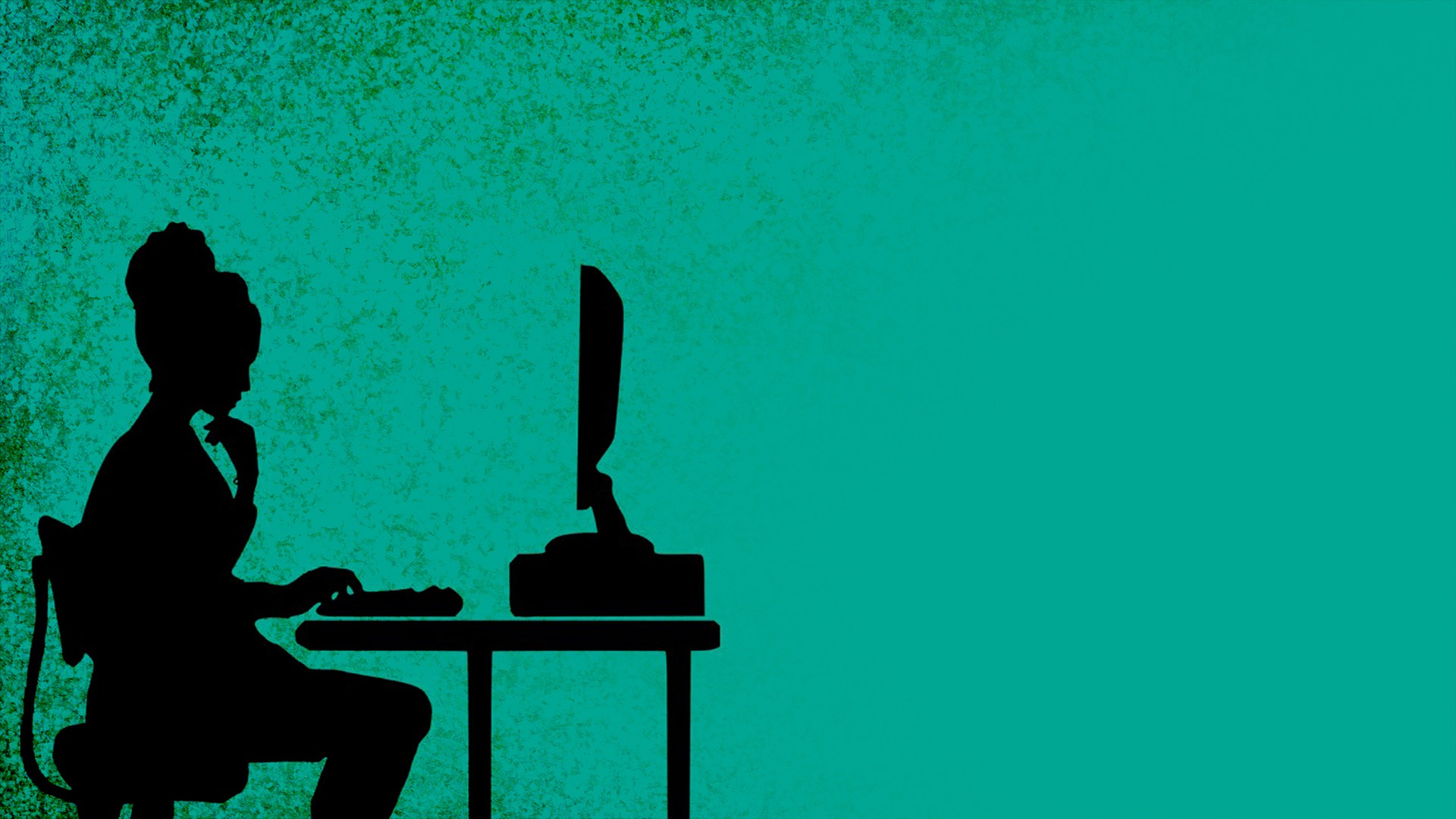CREATIVE NON-FICTION
LEARNING TO BE RIGOROUS WITH COMPASSION
by Khaya Ronkainen

Image by chenspec
This is an essay against niceness; the personal and literary friendships.
When a troll is someone you know, it’s very difficult to understand the motive behind. Is the person trying to be funny, crave attention, or just being mean? I can’t always tell. What I know is that my little public act of mourning my best friend’s passing, as I announced my break from social media, was quickly shot down by someone I regard as a good acquaintance. The behaviour was both confusing and hurtful.
I reread the comment to make sense of it. I couldn’t, no matter how hard I tried. But the phrase “Life is pain, right now!” I had used in that post appeared to be the trigger. Because the commenter stated not only that I know nothing about pain because I’m surrounded by privilege but also went into great detail describing what they assume to be my life to argue their point.
it seems anything, nowadays
can be a trigger
how one chooses
to live their life
can elicit a protest
and untangle ties of kinship
it is not clear why
privilege—
remains a divisive topic,
maybe we all need to check ours
The reference to one of my works shocked me. It reminded me of the silencing that often takes place in traditional creative writing workshops. Critique and praise, frown or grin, but be silent and crushed. It all felt outlandish; the timing, choice of medium, and that we pursue different art forms. But I soon remembered the intersection, where paper and stage meet. It’s all about making art. No one form is better than the other. Perhaps as artmakers, we need to acquaint ourselves with things we should never say to each other or to anyone else.
i’m already dying a slow death from overthinking
writing is no competition but heart-work;
poetry is a pledge to liberate self,
for charity does not rhyme with riches
I’m slow to anger. This is both a curse and a blessing. Because there are times I wish I could respond promptly and just tell the person to back off. But I’m not gifted with that kind of sharpness. So I didn’t respond to the Facebook comment. Instead, I spent a significant amount of time trying to convince myself that the other person must be going through a hard time. Because I couldn’t bear to think, they couldn’t care less about my loss.
a mind doctor tells me
reflection is one pro of overthinking;
no action needed, no casualties
Our city, though big, is still small enough to bump into people you know. When I happened upon the commenter, it felt too soon. Because I had already started warming up to the idea of being wronged, and I was not ready to hear their side of the story. But I also knew that I couldn’t stay angry for long, not with the said person. Because I value our acquaintance.
It turned out that my friend had not read the whole post. They simply scanned through and selected what they wanted to hear. This didn’t come as a surprise, considering that information bombards us every day. On social media platforms, especially, we don’t hear each other. Because we’re all talking at once, on top of competing with flickering adverts and memes. Apparently, the comment was a joke. But I still don’t find it funny, at all. It was too loaded to pass as one.
small grids,
a digital world
to perform our lives
and become part of the grand play; the community
My friend has since apologised for this gross error. I also later realised the underlying message, “You are so lucky, because…” triggered my reaction to their comment. It is something I hear often, both in verbal and non-verbal communications. This statement often translates to the comparing, diminishing, and dismissing of my challenges.
you’re sorry, i’m sorry
there’s no reward for the one
who suffers the most
A certain amount of time had passed before my friend and I met again, for drinks. By now, I had recovered from the hurt and accepted the apology. However, I didn’t want to leave it at that and simply turn the other cheek. It was my opportunity to practise rigorous compassion. This meant taking responsibility for my actions, the part I played. Hold the people I care about responsible too, for their actions. Communicate! Ask the uncomfortable and tantrum-inducing questions in order to gain clarity before passing judgement or dishing up dollops of compassion.
Though we didn’t need a drink made from fermented grapes to loosen the tongue, it facilitated a smooth landing. We talked openly, perhaps for the first time, about the individual challenges we both experience as people of African descent living in a homogeneous society, art making and the jobs we are not proud but sometimes take to support our art, which nobody cares about but us.
In the end, we both learned a valuable lesson from the entire experience; I subjected myself to the madness that is social media at my most vulnerable, and my friend reacted to the post without full context.
“You probably know already that I’m going to write about this,” I said to my friend.
“And that you should,” they responded. “Maybe I’ll dance it.”
because we don’t talk much about the violence of disappointing one another
we feel slighted
walk around offended
carrying resentment
leaving skid marks on the unsocial
where waste matter piles
until we can’t hear, let alone see, each other
we all carry baggages
whether mental, emotional, or physical
comparing hardships is a futile exercise
maybe we should help each other carry the load
As the wise say, it is possible to be rigorous and compassionate all at the same time. Because compassion is not about being nice, and this is an essay against niceness. At least, my friend and I agree that this is art, not a confession.

Connect with Khaya on her website
Khaya Ronkainen is a South African-Finnish writer. Her work is largely inspired by nature but also often examines duality of an immigrant life. She is the author of two poetry chapbooks, Seasons Defined and From the Depth of Darkness, as well as an upcoming full-length poetry collection, The Sheltering. You can find more of her work on her website or connect with her on Instagram @khaya.ronkainen.

Please don’t forget
to support the writer!
Tell us your thoughts
Share this page
Visit Khaya
Choose Your Next Read
Author Spotlight:
A Conversation With a Very Old Friend
Author Spotlight:
At Home In The Maelstrom
Author Spotlight
Interview: Ken Jorgenson
Micro Poetry:
Grains of Life
Poetry:
Faces of Me
Poetry:
Here Lies a Poet Dead
Poetry:
Wanting
Poetry:
Heartbroken
Poetry:
Wordsmithery
Poetry:
Welcoming
Flash Fiction:
Being Me
Short Story:
Geraldine and the Merry Widow
Short Story:
A Day in the Life of an Adjunct Instructor
Creative Non-Fiction:
Learning to be Rigorous With Compassion
Article:
Who am I?
The What and the Why

Thank you so much Kathy for taking time to read. I appreciate your comment. Digital illiteracy is going to be our downfall, indeed. That’s why I also think (as you’ve recently pointed out) being intentional in our relationships is super important.
LikeLiked by 2 people
Love it, Khaya! I think this is the type of resolution I’d expect from two people who call each other “friend.” I’m also surprised/not surprised that the person didn’t read the entire post. This type of digital illiteracy is going to be our society’s downfall in many areas.
LikeLiked by 2 people